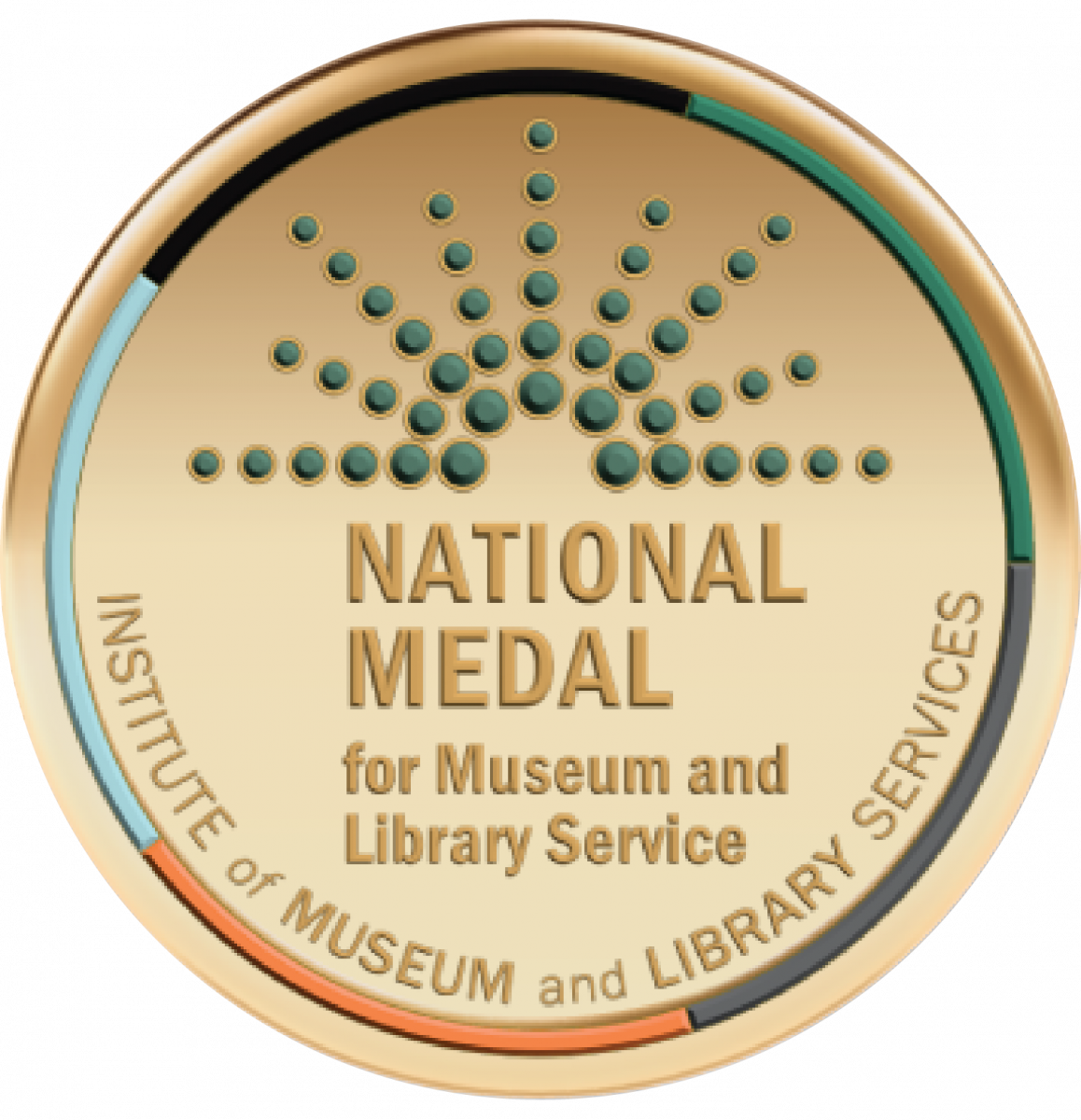Glitch Girl!
A middle-grade novel in verse about a young trans girl who uses a computer game to process an ADHD diagnosis, isolation, and her relationship to gender.

2024 NATIONAL MEDAL
for Museum and Library Service Finalist
A middle-grade novel in verse about a young trans girl who uses a computer game to process an ADHD diagnosis, isolation, and her relationship to gender.
Written by a ten-year-old, who is autistic, a poem about the experience of being different.
Mindfulness teaches us how to stay calm, soothe our emotions, and appreciate the world around us. Whether we're watching tiny colored fish darting in the water or exploring the leaves, branches, and roots of a towering tree, the thoughtful words and the lovely art of Breathe and Be remind us how much joy we can find by simply living with awareness and inner peace.
Magic will burn you up.
Sent to stay with her aunt in Prague and witness the humble life of an artist, Ilana Lopez—a biracial Jewish girl—finds herself torn between her dream of becoming a violinist and her immigrant parents’ desire for her to pursue a more stable career.
These haiku poems for the soul gently introduce children to mindfulness concepts like Om, Yoga and Zen, as well as goals for mindful living like Gratitude and Positivity. With its delightful cast of inclusive characters, this inspirational poetry collection promotes wellbeing with every letter.
From New York Times bestselling author Ashley Woodfolk, Nothing Burns as Bright as You is an impassioned stand-alone tale of queer love, grief, and the complexity of female friendship. Two girls. One wild and reckless day. Years of tumultuous history unspooling like a thin, fraying string in the hours after they set a fire. They were best friends. Until they became more. Their affections grew. Until the blurry lines became dangerous. Over the course of a single day, the depth of their past, the confusion of their present, and the unpredictability of their future is revealed.
For as long as they can remember, Aaron and Oliver have only ever had each other. In a small town with few queer teenagers, let alone young trans men, they've shared milestones like coming out as trans, buying the right binders--and falling for each other.
Poetry's forms, styles and structures are illustrated through the work of Shakespeare, e.e. cummings, Tim Geiger and others. These poems, and dozens of hands on practice sessions, will inspire readers to experiment with language, and write poetry.
In his second book of narrative, lyric poetry, Richard Blanco explores the familiar, unsettling journey for home and connections, those anxious musings about other lives.
Poetry demands more from readers -- intellectually, emotionally, and spiritually -- than other literary forms. Most of us started out loving poetry because it filled our beloved children's books from Dr. Seuss to Robert Louis Stevenson. Eventually, our reading shifted to prose and later when we encountered poetry again, we had no recent experience to make it feel familiar. But reading poetry doesn't need to be so overwhelming. In an entertaining and engaging voice, Thomas C. Foster shows readers how to overcome their fear of poetry and learn to enjoy it once more.